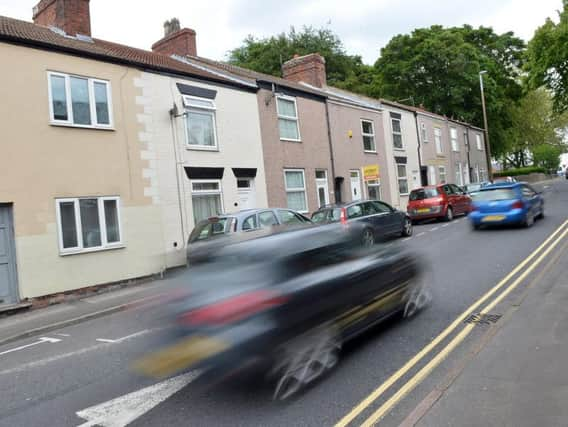Lack of government grants make electric cars 60% more expensive for Lancashire buyers


As per data collected by carwow, Britain is stalling at the wheel of the green vehicle revolution when compared to other leading European nations after the government cut the plug-in grant in the latest budget from £4,500 to £3,500.
Whereas £8,700 grants towards EVs are available in France, £5,000 grants are available in Sweden, and £4,400 grants are available in Germany, the UK grant has fallen to the extent that a Renault Zoe would cost a UK buyer £11,500 and a French buyer just £2,355 once the grant is deducted.
Advertisement
Hide AdAdvertisement
Hide Ad“This backwards step by the UK government sends a completely confusing message to drivers," said Andrew Hooks, chief operating officer of carwow, with the appetite for EVs in Britain clearly present and in need of further governmental support, with Society of Motor Manufacturers and Traders figures showing that plug-in hybrid and pure electric cars made up 8% of the market in 2018.
Despite fact that all new petrol and diesel cars and vans are to be banned from 2040 onwards as part of the government’s green air plan, the UK are also falling behind in terms of EV-friendly infrastructure, with the UK having installed just 2,833 during the last year compared to the 32,000 public charging points in the Netherlands and the 10,800 in Germany, which also has plans to install another 12,000.
“On the one hand, we know that new petrol and diesel vehicles will be banned soon to cut air pollution, yet the incentives to go green are being slashed," Andrew added. "It makes no sense whatsoever. We’re either serious about meeting the 2040 deadline or we’re not. Currently, it looks like we’re not.”
Additionally, the UK government has pledged to pay half the costs of installing a home charging point, whereas in France buyers can claim the whole cost of just under £400. A lack of charging points has been revealed to be the biggest worry (72%) among motorists in Lancashire looking at the possibility of driving a green car, prompting fears about long journeys (42%), running out of power (68%), and facing long charging point queues (45%).